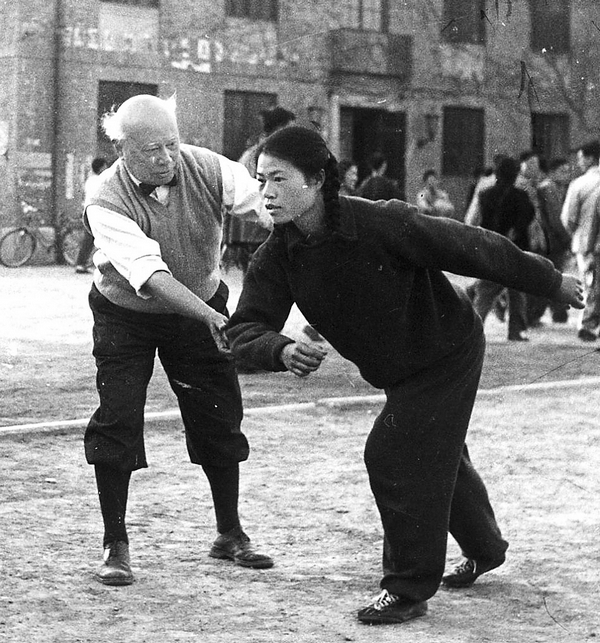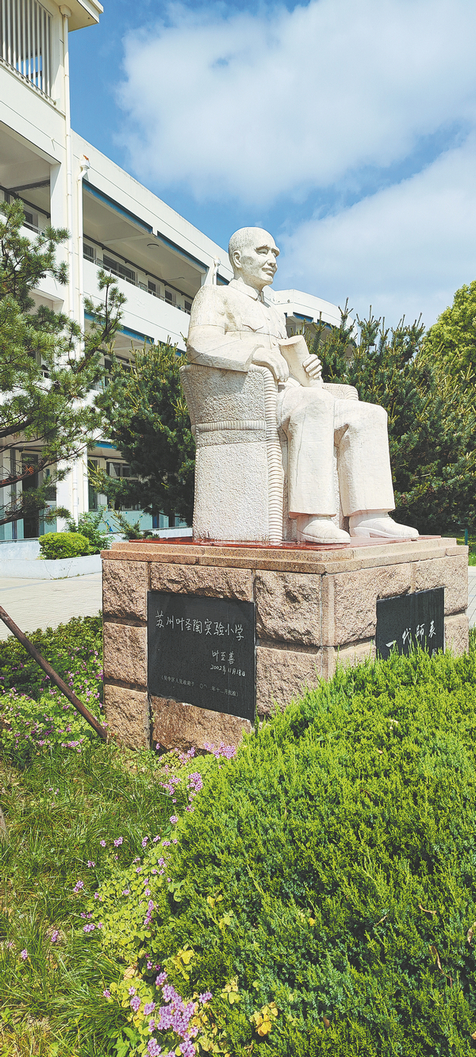

Unlike artists who produce physical creations, the contributions of educators are often theoretical, and so are difficult to depict visually. To circumvent this, the crew brought the educators to life by illustrating their ideas through snapshots of their work and life.
For example, the two episodes about Ma Yuehan, a pioneer in advocating for physical education at Tsinghua University, explore his habit of regular exercise maintained since childhood, his participation in national and international competitions at university, and the way in which he benefited from being in good health.
Drawing on his long involvement with sports, Ma believed that qualities nurtured by physical exercise, such as courage, perseverance, confidence and resolution, become part of the life experience of students, and help them develop good qualities as citizens.
"Athletic sport is the most effective, suitable and interesting approach to cultivating good citizens," he wrote in his 1926 book, The Transfer Value of Athletics.
Lesser-known details about the subjects of the series have also been uncovered. For example, in the episodes about Cai Yuanpei, a prominent educator known for the reforms he undertook as headmaster at Peking University, the series' creators discovered why Cai habitually got up early to study or work.

"When we were filming in his hometown of Shaoxing in Zhejiang province, we found out that when he was a student, Cai was sometimes challenged by difficult questions that he could not solve," says Zhang Jianzhong, a director involved with filming and editing the Cai Yuanpei episodes.
"His mother would advise him to rest and get up early to continue thinking. After following her advice, Cai found that he was more energetic in the early morning, and could more easily solve his problems. His habit was born as a result," he adds.
The production crew combed through biographies, letters and manuscripts, visited memorial halls and sites related to their subjects, and interviewed family members, colleagues, students and scholars studying them.
For Chen, two groups of most valuable interviewees were people working at memorial halls, and researchers specializing in studying the lives of their subjects.